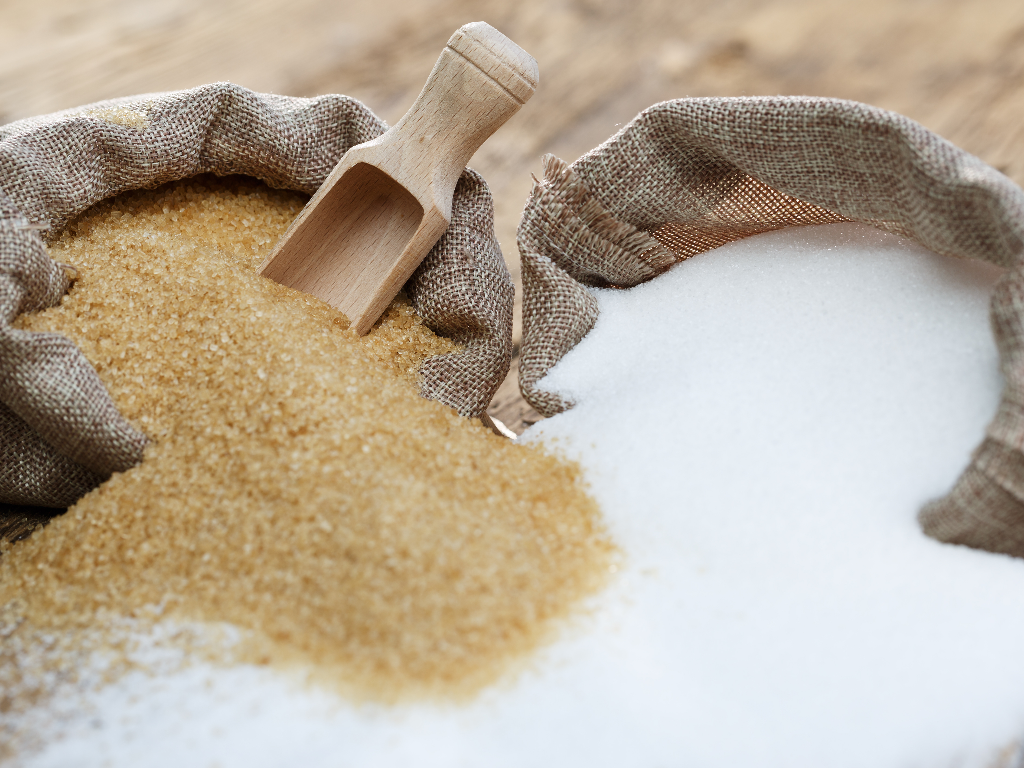Sugar prices have been on a downward trend across Eastern and Southern Africa recently, with Kenya experiencing a notable drop, particularly in Nairobi, where prices weakened before a slight recovery. Mogadishu and Djibouti also saw price declines, while South Africa's prices remained stable in local currency but increased slightly in USD due to currency fluctuations.
In Kenya, the sugar market is oversupplied, particularly with brown sugar, leading to continuous price falls despite occasional increases. This situation is compounded by the Nairobi market trading below the cost of replacement imports from India, hinting at a substantial stockpile of imported sugar. Moreover, potential production decreases due to weather conditions and cane shortages could increase import demand.
The absence of sugar shipments to Kenya, as noted in a recent vessel tracking report, alongside unchanged sugar prices in most of the region, contrasts with Djibouti's price increase due to geopolitical factors. South Africa has enhanced market protection through raised import duties.
Regarding trade policies, Kenya's ongoing sugar import safeguards from COMESA are set to expire without renewal, challenging Kenya to implement long-delayed reforms to improve its sugar industry's competitiveness and sustainability.
Overall, the sugar market in Eastern and Southern Africa is characterized by significant price fluctuations influenced by supply levels, import policies, and international events. The current situation highlights the complexities of regional sugar trade and the need for strategic reforms in the industry.
Source Kulea.africa

